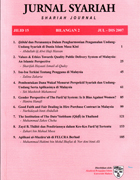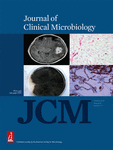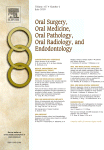 One of the papers from a massive heart disease study in China, published in the Lancet, has been retracted and republished after the authors noticed a statistical error.
One of the papers from a massive heart disease study in China, published in the Lancet, has been retracted and republished after the authors noticed a statistical error.
The article, by authors from Peking Union Medical College in China, Yale University, and elsewhere, presented the results of the China PEACE-Retrospective Acute Myocardial Infarction Study, part of a national initiative to study and improve care for cardiac problems. After being posted online on June 24, 2014, the authors noticed that they’d incorrectly weighed one of the cities in their calculations, which threw off a number of national estimates.
After the corrections were made, the paper was peer-reviewed again, and reviewers stated that despite the mistakes, the original conclusions were sound.
Today is a banner day on Retraction Watch: This is our second excellent example of transparency in 24 hours, and therefore the second entry in our “doing the right thing” category. An editorial lays out exactly what happened, including a timeline, allowing scientists to feel confident they’re basing the next research step on solid and accurate data. (We also appreciate the hat tip to the Committee on Publication Ethics retraction guidelines, which we often send out to editors of bad notices as a gentle reminder.)
Here’s the notice for “ST-segment elevation myocardial infarction in China from 2001 to 2011 (the China PEACE-Retrospective Acute Myocardial Infarction Study): a retrospective analysis of hospital data”: Continue reading Lancet retracts and republishes cardiology paper with admirable notice
 Henk Buck, a Dutch chemist who once claimed he could cure AIDS, is back, publishing a long explanation of why he was right all along in a journal by what Jeffrey Beall calls a possible predatory publisher.
Henk Buck, a Dutch chemist who once claimed he could cure AIDS, is back, publishing a long explanation of why he was right all along in a journal by what Jeffrey Beall calls a possible predatory publisher.






